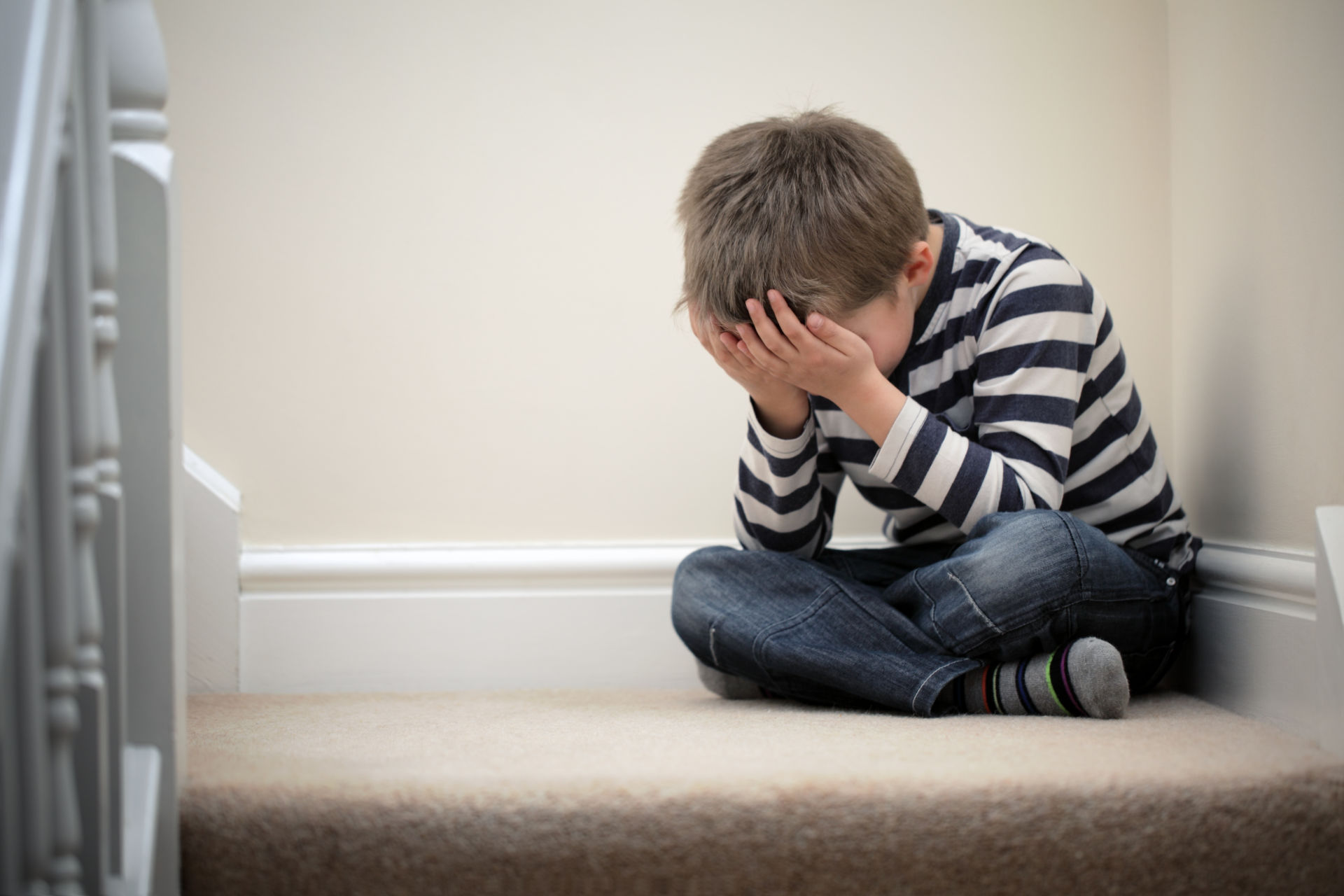
Advice for parents as their child rages and defies
When you lose your temper with children, remember these:
When you lose your temper with children, remember these:
- You can show your own anger, but cannot intimidate or discipline the child. Set the boundaries firmly and calmly again and again, if necessary.
- Never call names, humiliate, despise or belittle a child. Do not threaten with rejection.
- You can be angry, but you must control your actions. Nothing must be broken and no one must be hurt. Children are only learning this, but an adult should be able to control their anger.
- Calm the situation down as quickly as possible. Say that there is nothing to worry about, sooth the child, be safe, provide safety to everyone present. The job of the adult is to make the child’s hissy fits as minor as possible. This results in less to be resolved.
- Find a means to air out your feelings out of sight of children. Hit a punching bag, run into the woods, scream alone in the car, or tell your feelings to a friend, journal or therapist. Accept that you are enraged, but do not lash out to children.
- Direct the rage of a child into something that will help them get over the heated emotion, such as running around the house or fluffing a pillow. Be safe, reassuring your child. The child is allowed to hide in the safety of their emotions while the adult assures that nothing bad will happen.
- Only resolve the situation after everyone have calmed down. Do not focus on finding and punishing the culprits, but on how to repair and compensate for the damage caused by the child(ren) while angry. Thus, children learn constructive dispute resolution and begin to hope that adults will intervene.
Teach that an emotion is just an emotion. It is in you, but it passes. You do not have to obey it. You are so much more than an emotion: you also have the wit and the will to decide that you will not hit, even if the emotion cries for something else.
The emotion itself does not force. We are all responsible for our actions. We have to learn how to control them. An adult does not hurt either. The decision not to hurt is important and is learned throughout growth. It is also a value. The role model of the value must first be the adult.
Was this helpful for you?
You may be insterested also in these
How can I calm myself down?
When, as a parent, you find yourself in challenging situations with your child, it is a great help if you can be calm yourself. You can calm yourself...
What is self-compassion?
Self-compassion is a skill that we all need, so it’s worth learning. Self-compassion relates to how we feel towards ourselves when we make mistakes...
Parenthood is a whirlwind of emotions
Parenthood evokes all kinds of emotions. The aim of this course is to develop your emotional skills as a parent and to help you to explore your own...
